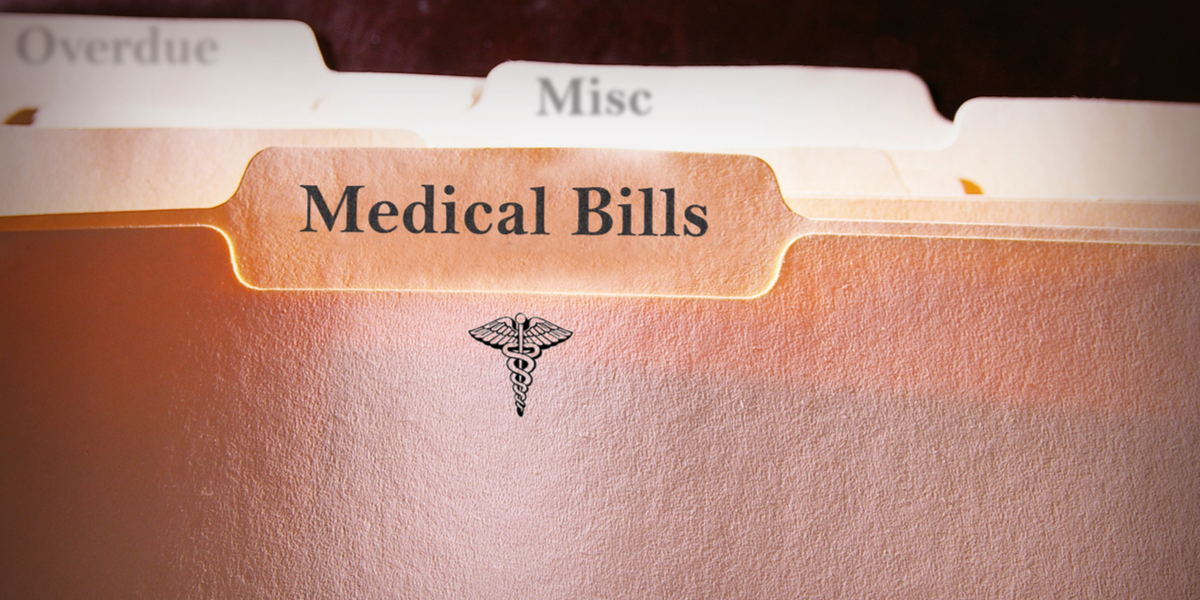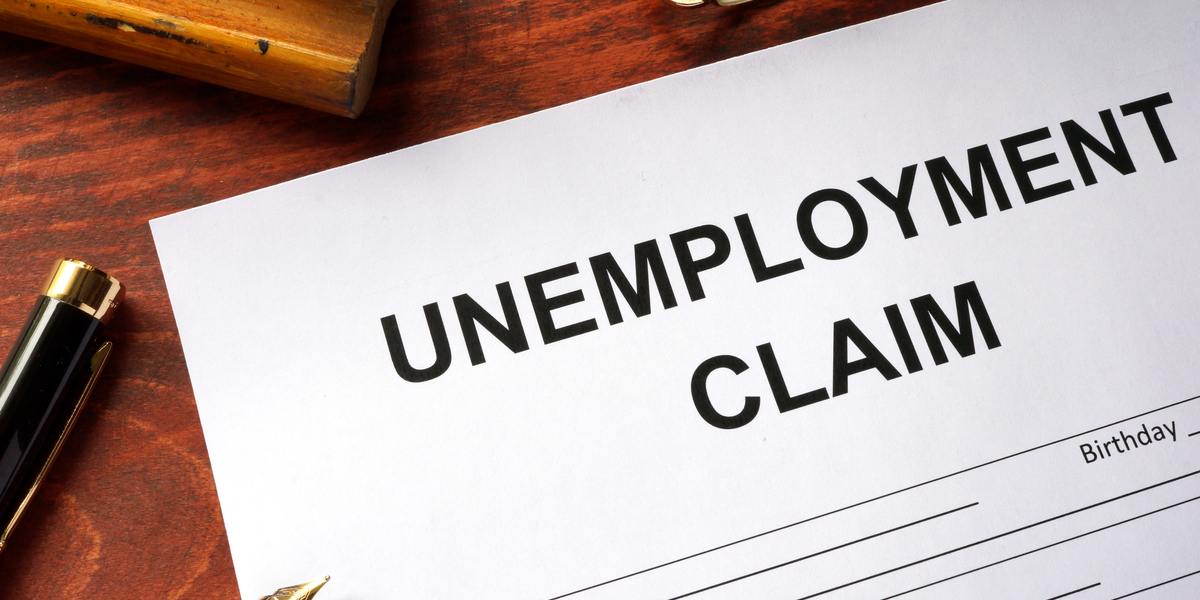Writing A Hardship Letter For Medical Benefit Extension
When you sign up to a health plan, it will have certain limitations on the types of treatment you can have, how often you can have treatment, and where you can go for that treatment. The result is that sometimes, you may either have to forego on the treatment or pay for it yourself. Both of these situations can cause undue hardship, which can possibly be avoided if you write to your health care insurance company to request for a medical benefit extension.
Tips on Writing a Hardship Letter for Medical Benefit Extension
You must at all times remember that this letter is a formal letter in which you are asking for help. This means that it has to be presented in the right format, be short and to the point, addressed to the right person, and free from grammar and spelling mistakes. The most important thing, however, is that it presents the insurance company with facts. They do not want to hear your life story or how emotionally affected you have been by the lack of therapy or your illness.
Starting the Letter
Start by indicating that you wish to request for a medical benefit extension under your existing health plan. Provide the name of your plan and your policy number. Explain what your plan currently allows in terms of therapy for a certain condition, and ask that an exception be made for you. Specifically, you need to ask for an extension.
Content of the Hardship Letter
State that something has occurred with regards to your medical condition, including the date. This could be an accident, major surgery, or a sudden illness, for instance. Explain how this situation has affected you on a practical basis, particularly if this also has had an impact on your finances. Again, make sure that you include documented evidence to support your statements.
Indicate the name and contact details of your physician and then state that he or she has recommended that you undergo a number of treatment sessions as a form of rehabilitation. If at all possible, you should ask for a letter from your doctor in which it is explained that the proposed therapy could have significant positive benefits for your condition.
Explain that your current health plan does not cover the number of sessions recommended by your physician. State that this means you would have to pay a certain amount towards the treatment yourself. Include copies of income stubs, bank statements, and other bills to further support the fact that you are unable to pay for this treatment out of pocket. Explain that, should you not be able to access the treatment, you will also be unable to work and that this will eventually lead to you needing to file for bankruptcy. Emphasize that this could be avoided if you be granted a medical benefit extension. But do be careful with this. You should not come across as feeling entitled for an extension, nor should you express any anger against your insurance company.
Hardship Letter For Medical Benefit Extension Example
{Your Name}
{Your Address}
{Your Phone #}
{Date}
Dear {Insurance Representative}:
I am writing with regards to the benefits offered by my health plan, {plan and policy number}. My health plan currently only allows {maximum number} therapy sessions for {condition}, and I would like to request an extension of these benefits.
On {date}, I had {an accident/major surgery/injury}. The result was that {I can no longer work/I’m unable to move/I have to walk with a cane, etc.}. Aside from these restrictions, I also {list of debilitating or painful symptoms}. My doctor has recommended {number} {therapy type} sessions to rehabilitate and heal. It is {his/her} professional opinion that with this therapy, I could {positive projected result}. Enclosed is {his/her} statement.
Unfortunately, my health plan only covers {number} therapy sessions, meaning that I will be forced to pay {amount} out of pocket. Enclosed are my bank statements and income stubs to prove that I will be unable to meet these expenses, and therefore unable to continue therapy. If that is the case, I will be forced to {file for bankruptcy, go on disability, quit my job, etc.}. I am trying to avoid such extreme circumstances, and as such I am requesting an extension of my benefits to {benefits required}.
I hope that we can reach an agreement, as this therapy is medically necessary for me to continue as a functioning member of society. Thank you for your time and consideration.
Sincerely,
{Sender Name}








